They are examining all million pieces of the puzzle to make the next #NIF shots “even.” #physics.
https://www.llnl.gov/news/research-looks-piston-model-unders…implosions
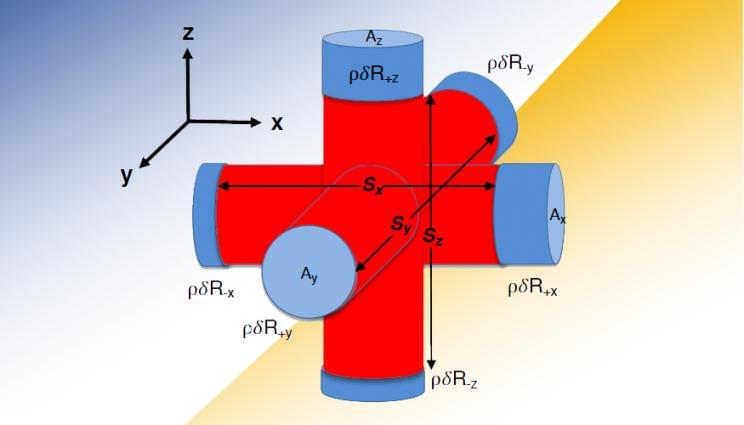
They are examining all million pieces of the puzzle to make the next #NIF shots “even.” #physics.
https://www.llnl.gov/news/research-looks-piston-model-unders…implosions
Sixth Street Chief Science Adviser and Nobel laureate Jennifer Doudna, co-founder of the CRISPR genome editing technology 10 years ago, and Sixth Street Vice Chairman and Partner R. Martin Chavez join Emily Chang to discuss the future of CRISPR and its potential for commercialization.
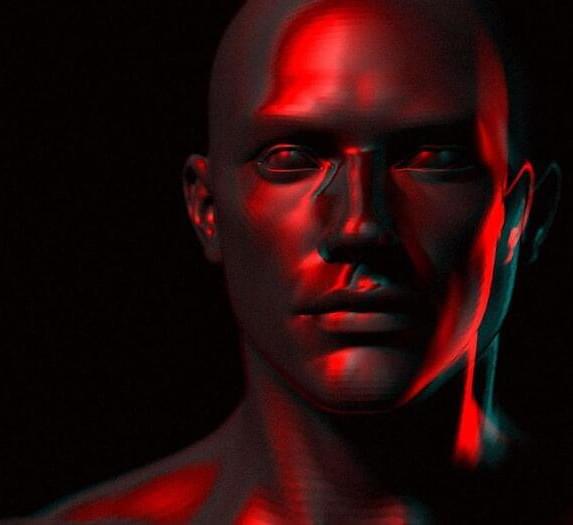
Tesla has released a quick sneak peek of the paint shop inside Gigafactory Berlin, which the automaker has been taunting as “its most advanced paint shop” yet – and it should enable new colors.
It’s literally has been years since Tesla has launched a new vehicle paint color.
Back in the early days of the Model S, Tesla used to offer a variety of colors, but the automaker decided to streamline options, and it now offers only a handful of color options that have remained the same for the last few years.
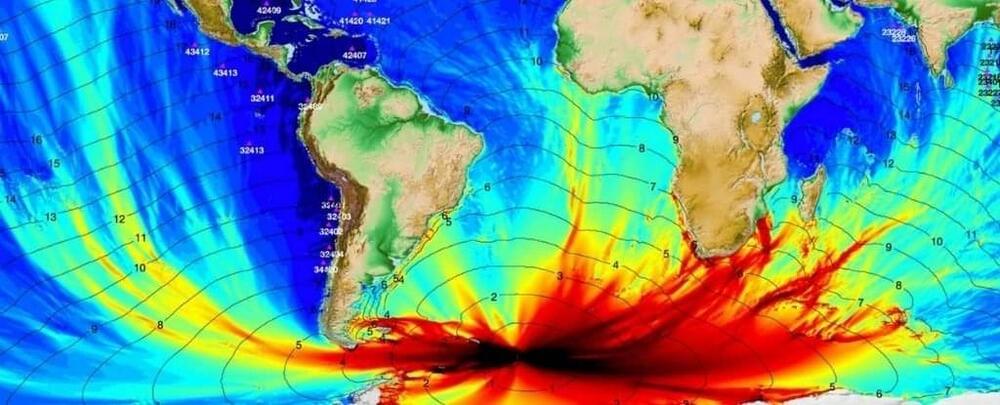
Last year in August, a surprise tsunami in the South Atlantic Ocean mushroomed to distances over 10,000 kilometers (more than 6,000 miles) away, rippling through the North Atlantic, the Pacific, and the Indian Oceans.
It was the first time a tsunami had been recorded in three different oceans since the 2004 Indian Ocean earthquake, and scientists have only just now figured out how the waves were triggered.
The epicenter of the August earthquake was measured 47 kilometers (about 30 miles) below the ocean floor, which is much too deep to initiate a significant tsunami, even one with relatively small waves between 15 and 75 centimeters tall (6 to 30 inches).
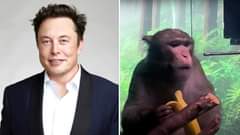
Only 17% of electronic waste, that they’re full of tiny, toxic materials that are hard and expensive to break down, is recycled.
That’s because devices aren’t designed to be recycled.
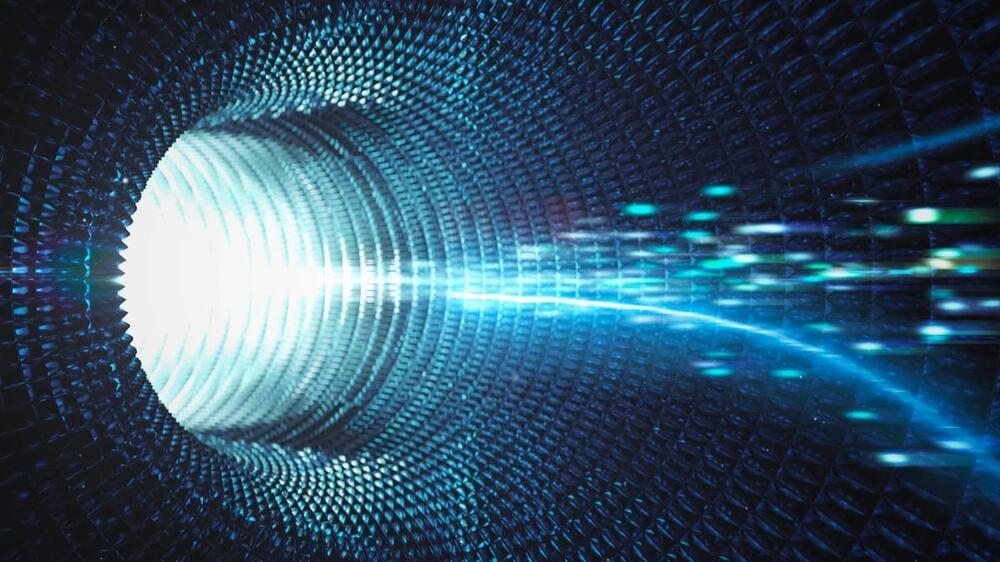
In a way, entangled particles behave as if they are aware of how the other particle is behaving. Quantum particles, at any point, are in a quantum state of probabilities, where properties like position, momentum, and spin of the particle are not precisely determined until there is some measurement. For entangled particles, the quantum state of each depends on the quantum state of the other; if one particle is measured and changes state, for example, the other particle’s state will change accordingly.
The study aimed to teleport the state of quantum qubits, or “quantum bits,” which are the basic units of quantum computing. According to the study, the researchers set up what is basically a compact network with three nodes: Alice, Charlie, and Bob. In this experiment, Alice sends a qubit to Charlie. Bob has an entangled pair of qubits, and also sends one qubit to Charlie, where it interferes with Alice’s qubit. Charlie projects Alice’s qubit onto an entangled quantum Bell State that transfers the state of Alice’s original qubit to Bob’s remaining qubit.
The breakthrough is notable for a few reasons. Many previous demonstrations of quantum teleportation have proven to be unstable over long distances. For example, in 2016, researchers at the University of Calgary were able to perform quantum teleportation at a distance of six kilometers. This was the world record at the time and was seen as a major achievement.